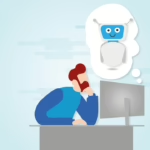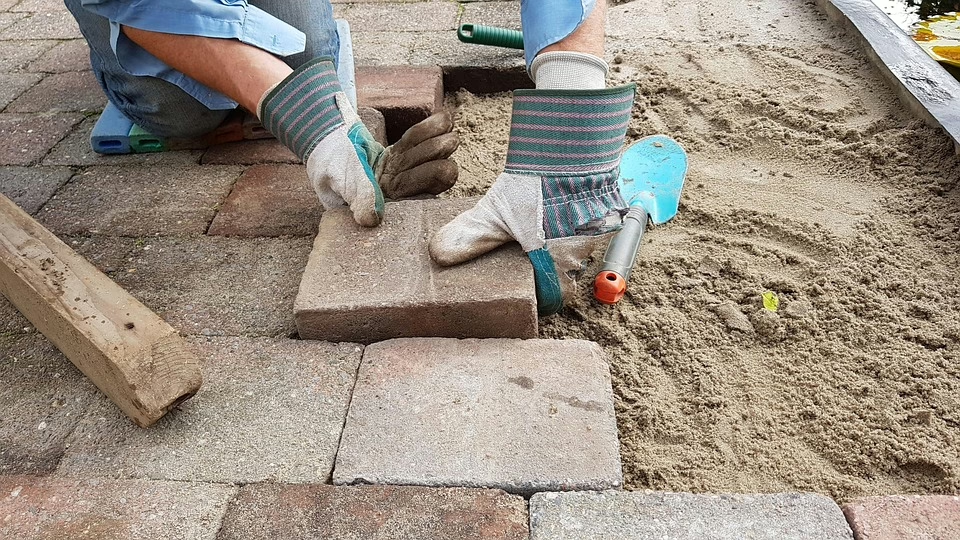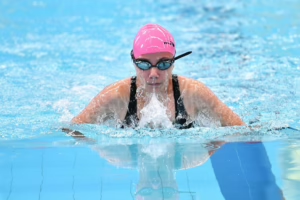Physics Wallah vs. Traditional Tutoring: The Future of Education
In recent years, the landscape of education has undergone a remarkable transformation, punctuated by the rise of digital platforms and online learning. One prominent player in this change is Physics Wallah, an educational platform that has gained immense popularity among students in India and beyond. In contrast, traditional tutoring methods have long been the cornerstone of education. This article will compare and contrast Physics Wallah with traditional tutoring, exploring their benefits and drawbacks, and ultimately evaluating the future of education in light of these two approaches.
Overview of Physics Wallah
Founded in 2020, Physics Wallah was initiated by Alakh Pandey, who aimed to make quality education accessible to students. The platform specializes in subjects like Physics, Chemistry, and Mathematics, utilizing engaging video lectures, interactive quizzes, and a variety of learning resources. With over 10 million subscribers on YouTube and a dedicated app, Physics Wallah has attracted students eager for an innovative learning method.
Key Features of Physics Wallah
-
Affordable Education: One of the most appealing aspects of Physics Wallah is its affordability. The platform offers comprehensive courses at a fraction of the cost of traditional coaching centers, making quality education accessible to a broader audience.
-
Engaging Content: Alakh Pandey’s teaching style is characterized by enthusiasm and clarity. His ability to explain complex concepts in an understandable manner keeps students engaged and motivated.
-
Flexibility: Students can learn at their own pace, rewatching lectures and revisiting difficult concepts whenever needed. This flexibility is often missing in traditional tutoring settings.
-
Community and Support: Physics Wallah has cultivated a community where students can interact, ask questions, and receive support from peers and instructors.
Traditional Tutoring: An Established Approach
Traditional tutoring has long been the go-to method for students seeking additional help outside of the classroom. This can take various forms, ranging from one-on-one sessions with private tutors to small group classes at coaching centers.
Characteristics of Traditional Tutoring
-
Personalized Attention: One of the key strengths of traditional tutoring is the personalized attention students receive. Tutors can tailor their teaching methods to address each student’s unique learning style and needs.
-
Structured Environment: Traditional tutoring often follows a structured curriculum, which can help students stay focused and organized. Scheduled sessions foster discipline and accountability.
-
Social Interaction: Face-to-face tutoring offers opportunities for social interaction, helping students build confidence and communication skills. Many students thrive in collaborative environments.
Comparative Analysis: Physics Wallah vs. Traditional Tutoring
1. Accessibility and Reach
Physics Wallah: The platform’s online nature allows it to reach a vast audience, breaking geographical barriers. Students from rural areas where quality tutoring options are limited can benefit from the resources available on Physics Wallah.
Traditional Tutoring: Accessibility varies depending on location. In urban areas, multiple coaching centers may be available, while rural areas often struggle with limited choices. This disparity can disadvantage students who lack access to high-quality education.
2. Cost
Physics Wallah: The financial aspect of Physics Wallah is one of its strongest selling points. With low fees compared to traditional coaching centers, it provides students with considerable savings.
Traditional Tutoring: This method is often more expensive. Private tutors may charge high fees per hour, and coaching centers can have substantial tuition costs, making them less accessible for lower-income families.
3. Learning Experience
Physics Wallah: The platform’s engaging video lectures and interactive quizzes contribute to an enjoyable learning experience. The use of technology allows for innovative teaching methods that can enhance understanding.
Traditional Tutoring: Although personalized and interactive, traditional tutoring may lack the dynamism offered by online platforms. The learning experience can sometimes become monotonous, especially if the tutor’s teaching style is not engaging.
4. Adaptability
Physics Wallah: The platform allows students to learn at their own pace and revisit materials as needed, catering to diverse learning speeds and styles. The recorded lectures can be accessed anytime, making it easier for students to fit studying into their schedules.
Traditional Tutoring: Schedule constraints often limit the flexibility of traditional tutoring sessions. Students who need more time to grasp concepts may feel rushed, while others may find themselves waiting for peers to catch up.
5. Quality Assurance
Physics Wallah: Alakh Pandey’s credibility, built through his engaging teaching approach, has earned the trust of many students. However, as the platform scales, maintaining consistent quality across all instructors can be a challenge.
Traditional Tutoring: The quality of tutors can vary significantly. While some tutors provide exceptional guidance, others may lack the necessary skills or knowledge to effectively teach their subjects.
The Impact of COVID-19
The COVID-19 pandemic accelerated the shift towards online education, with schools and tutoring centers adapting to remote learning. This cohort of students experienced a significant change in their learning environment, leading to an increased acceptance of digital platforms like Physics Wallah.
Lessons Learned
-
Resilience of Education: Despite the challenges, education continued to thrive, albeit in a different form. The adaptability of methods like Physics Wallah showcased the potential of online learning.
-
Increased Technology Adoption: Schools and students became more comfortable with technology, leading to a possible long-term shift in the way education is delivered.
-
Blended Learning Models: The future may lean towards blended learning, integrating online platforms with traditional classroom experiences to leverage the strengths of both approaches.
Future Trends in Education
1. Hybrid Learning Models
The future of education might not strictly favor one approach over the other. Instead, hybrid models may emerge, combining the personalized attention of traditional tutoring with the accessibility and engagement of platforms like Physics Wallah. Schools may utilize online resources to enhance traditional lessons, catering to diverse learning needs.
2. Gamification and Interactive Learning
As technology continues to evolve, educational platforms are likely to incorporate more gamified elements to make learning engaging. This trend is already evident in platforms that leverage quizzes, interactive simulations, and competitive challenges to motivate students.
3. Artificial Intelligence and Personalization
AI technologies may play a significant role in personalizing education. By analyzing a student’s understanding and learning speed, AI can provide tailored resources and feedback, much like a personal tutor. This innovation could bridge the gap between online platforms and traditional learning.
4. Expanding Access to Quality Education
The ongoing focus on accessibility will drive efforts to democratize education further. As more resources become available online, students from diverse backgrounds will have greater opportunities to learn and succeed.
5. Mental and Emotional Well-being
As traditional educational systems adapt to new norms, there will be an increasing emphasis on mental and emotional well-being. Both traditional tutoring and online platforms will need to incorporate well-being strategies, creating environments conducive to learning.
Conclusion: A New Era of Education
The rise of Physics Wallah and similar platforms signifies a pivotal moment in education. While traditional tutoring has its strengths, the accessibility, affordability, and engaging nature of online platforms cannot be overlooked.
The future of education is likely to be characterized by collaboration between various methods, with an emphasis on leveraging technology while maintaining personal connections. As we advance, it remains crucial to prioritize quality, accessibility, and adaptability in education to ensure that all students can thrive.
In this evolving landscape, students today have more choices than ever; they can select the learning methods that suit them best, whether it’s through the charismatic lectures of Physics Wallah or the personalized touch of traditional tutoring. The ultimate goal should be to create an educational ecosystem that empowers every student to achieve their full potential, regardless of their background or circumstances.
In navigating the future of education, it is essential to remain open to innovation, continuously adapting to the needs and requirements of learners in an ever-changing world. Just as Physics Wallah represents a new approach, traditional tutoring can still be refined and enhanced. By learning from each other, we can shape a brighter future for education.


























Add Comment